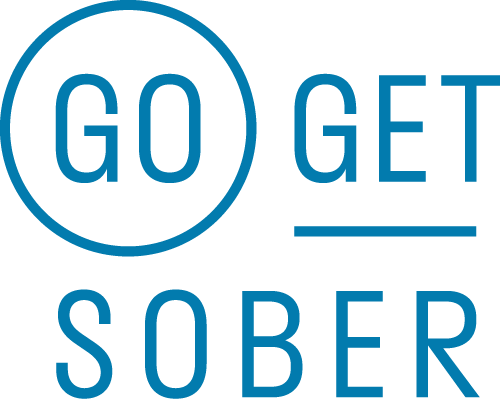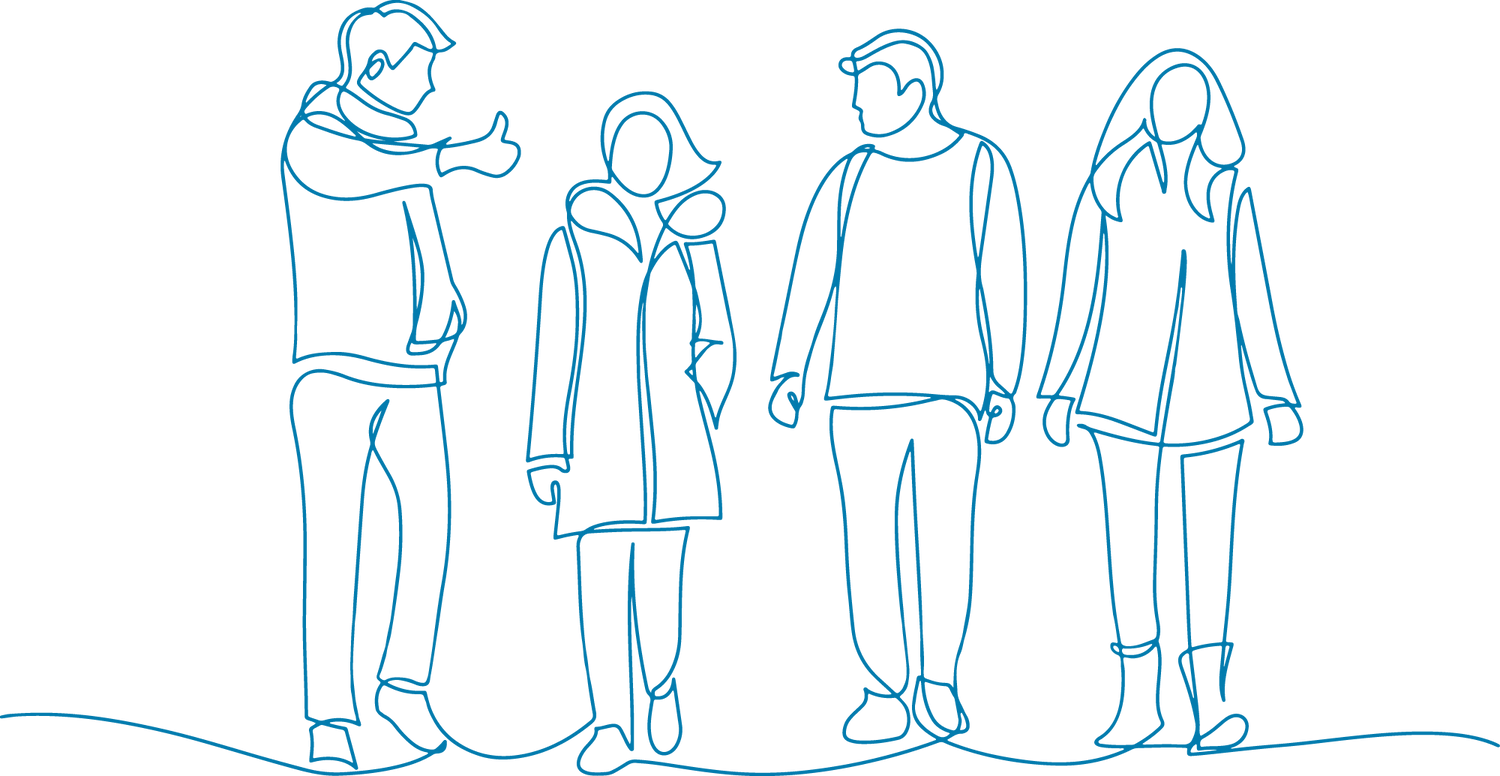People often ask me about the best way to quit drinking.
When they do this, they’re not actually asking me about how to QUIT drinking – people know the mechanics of how to do it – they know how to pour the alcohol down the sink, they know how to not buy the wine, the beer, the spirits, they know how to drink water, tea, soda instead and they know how to stay away from tempting situations. Many people have already done it – they’ve quit drinking successfully before, often more than once.
What they’re actually asking me is how to STAY sober once they’ve quit drinking.
You might have heard the expression:
Stopping drinking is the easy part – staying stopped is the challenge.
The real question people want the answer to is how to stay stopped. How to sustain sober living when it gets challenging: when they feel tired, stressed or triggered to drink. When it feels like a battle. And the answer is that you need to find ways to stay motivated and positive about sobriety and you need to make life as easy for yourself as possible.
There are lots of things you can do when you’re planning to quit drinking – one of them is to set yourself up for success by deciding in advance which approach to staying sober is going to work best for you.
Often, people tend to approach quitting drinking and getting sober in one of the following three ways:
- Counting sober days and keeping a tally
- Setting time limited sober challenges
- Doing neither of these and stepping over a line in the sand from “drinker” to “non-drinker”
Here are some of the advantages and disadvantages to each of these approaches.
Should I be counting sober days and keeping a tally?
This is when you see people keeping track of how many days sober they've done. You might see people stating that they're on Day 7 or Day 32 or Day 200.
Some people find this really motivating as it enables them to see really clearly that they're making progress and moving forward. And it can be helpful to celebrate certain numbers (the first 7 days, or 30 days for instance).
Usually, people find it helpful to deal with just the one day ahead of them rather than thinking about forever. By focusing on just the day in front of you rather than thinking about the rest of the week, the month, the year or your life, it can make staying sober much more achievable....
If you're struggling, it's much more manageable to get through just the next 24 hours than it is to think about having to get through the rest of your life. The way you're feeling in a moment of struggle can colour how you perceive the rest of your life and can make it seem impossible, grey, lonely or miserable.
By setting an achievable target of just the next day, it can feel easier to be successful. Ticking off the day you've just done and watching the tally of days increase can give you a sense of satisfaction and achievement which in turn can boost your motivation for staying on track.
Many people choose a day-to-day tally as a way of keeping themselves motivated and giving themselves something to celebrate along the way.
However, there are other people who find that the endless tallying of days is unhelpful and implies that being sober is “work” that has to be got through.
They find that focusing on counting and getting through each day one at a time means that they're not actually getting on with living their lives and are putting too much energy and headspace into thinking about drinking or not drinking. It suggests that being sober is an effort. This can feel de-motivating to some people.
For example, if I've got to 30 days sober, that could give me something to celebrate or it could make me feel like life has become all about endlessly counting days and each day will always be a struggle.
It's important to recognise that we're all different and we all perceive the world differently. What matters to one person won't matter to another. There isn't a right or wrong way to do this.
Whatever works for you is the best way to proceed. Whatever way gives you more motivation, helps you to feel positive about what you're doing and helps you to celebrate your sober lifestyle is the way to go.
Of course, one option is to do a bit of both - start by keeping a tally of how many days you're achieving to give you a bit of a boost at the beginning and then to recognise when you've become someone who simply doesn't drink and no longer needs to keep a tally because your confidence has grown and it's become second nature.
Should I be setting time limited sober challenges?
This can really work for some people. It can make stopping drinking seem much more manageable when it’s broken into chunks of time rather than thinking about it as forever. People will sometimes set themselves a sober challenge or a sober target of 30 days, or a date or event deadline and they find they can stick to this more easily than if they thought they could never have another drink.
However, there is a danger with this approach that, as people approach their deadline, they start to see it as an excuse to drink again. It can seem like a temporary measure with drink as a reward at the end of it. It's easy to complete a Dry January or a Sober October if you're looking forward to celebrating your achievement with a drink at the end.
If you want to set yourself these kind of targets, as a way of easing yourself into a permanently sober lifestyle, it’s important to plan your next milestone in advance so that you always have a target to aim for.
Should I do neither of these and just step over a line in the sand from “drinker” to “non-drinker”?
Some people prefer to simply consider themselves as a “non-drinker” from now on with no tallying up of days completed and no targets or milestones. There’s an imaginary line in the sand that they have stepped over from being someone with an unhealthy relationship with alcohol to someone who just doesn’t drink anymore.
It's like they're looking at a menu and alcohol isn't on it. They have flicked a switch in their head from drinker to non-drinker and don't allow alcohol as an option from then on.
People who choose this approach say that they can really enjoy and celebrate their new sober lifestyle and focus on all the positives and gains. They can leave the pain and anguish alcohol caused them behind. It's as if they had been imprisoned by their old relationship with alcohol and want to embrace the freedom that their new sober life gives them.
They can feel as if their identity is no longer wrapped around their relationship with alcohol - that there is more to them and their life than that.
However, this can be a leap too far for some people who might find the idea of never drinking again far too scary and off-putting. Unless you have the right tools and mindset for this, it can seem unrealistic.
Conclusion
It’s important to remember that none of these approaches are right or wrong – we want to make life as easy on ourselves as possible when we stop drinking so it's important to choose the way that's going to work best for you.
And, of course it's possible to use a combination of all three. Some people might start by setting themselves a sober challenge. Then they might decide to continue counting days as a way of motivating themselves and staying on track. When they're confident enough, they might decide to let go of the old, unhealthy relationship they used to have with alcohol completely, and simply step over that line in the sand to become their true, authentic and sober selves.



1 comment
These are interesting approaches- thanks for the blog!💖